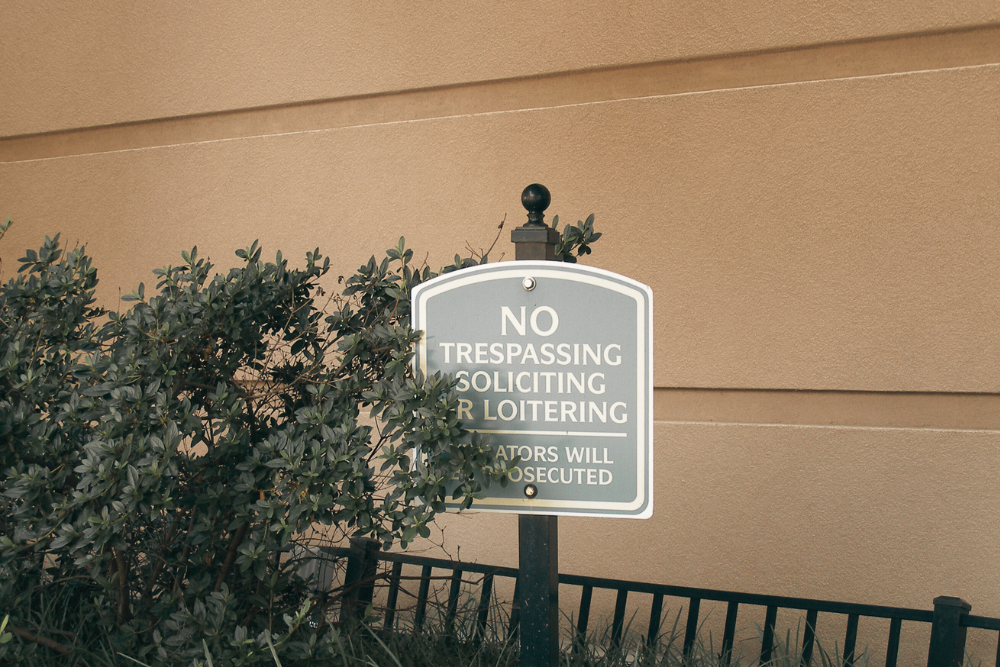In New Jersey, squatters can potentially gain certain rights under specific conditions, primarily through a legal concept known as adverse possession. Although squatters do not have the right to simply occupy another person’s property, adverse possession allows them to claim ownership if they meet stringent legal criteria over a prolonged period.
For a squatter to successfully claim adverse possession, they must occupy the property continuously and visibly for a minimum of 30 years, or 20 years for certain residential properties, without the owner’s consent. Their use of the property must be open, exclusive, and uninterrupted, demonstrating an obvious, long-term presence that would alert others to their occupancy.
While the process of gaining property rights through adverse possession is long and difficult, it highlights the importance of regular property monitoring for owners, especially if the property is vacant. Property owners who suspect squatters on their land should act quickly to address the situation legally.
Attempting to remove squatters without following proper legal procedures, such as through a formal eviction, can lead to complications and even legal liabilities. Consulting a real estate attorney familiar with New Jersey’s adverse possession laws can help property owners navigate the complex legal landscape and ensure that they maintain their rights to the property.
How Could a Property Owner Lose Their Property to a Squatter?
As we mentioned above squatters may be able to claim ownership of property through adverse possession. This legal doctrine allows individuals who have occupied property continuously, openly, and without permission for an extended period to gain ownership rights.
To claim adverse possession in New Jersey, a squatter generally must meet the following criteria:
Open and Notorious Possession: Their occupancy must be obvious and visible to others.
Continuous and Uninterrupted Use: They must occupy the property continuously for 30 years (or 20 years if the property is legally defined as residential).
Exclusive Possession: The squatter must be the sole occupier.
Hostile Claim: The squatter occupies the property without the owner’s consent.
Although adverse possession takes decades, failing to address squatters promptly could lead to legal complications over time.
How Can I Get Rid of a Squatter if They are Already on My Property?
In New Jersey, removing squatters requires following a legal eviction process, as self-help or forced evictions are prohibited. Here’s what to do if you find squatters on your property:
Notify the Squatter: Begin by formally informing the squatter that they are unlawfully occupying the property. Issue a written notice requesting them to vacate.
File for Eviction: If the squatter refuses to leave, you’ll likely need to initiate a formal eviction process. This involves filing a case with the court to remove the squatter legally. Due to the complexity of filing an eviction for squatters, consulting an attorney may be beneficial to ensure you’re proceeding correctly.
Police Assistance: In cases where the squatter is actively damaging or trespassing on the property, local law enforcement may assist. However, if the squatter has taken residence, eviction is typically handled through the court system.
Seek Legal Representation: Removing squatters can be a complicated and drawn-out legal process. Working with an experienced real estate attorney can provide guidance and expedite the process, especially if the squatter has made claims to ownership.
How Can I Prevent Squatters from Entering My Property?
Preventing squatters from occupying your property is far easier than removing them after they’ve established residence. Here are some preventative measures to consider:
Regularly Inspect Your Property: Frequent visits to your property help ensure it doesn’t appear vacant. Collect mail, maintain the yard, and generally give the impression that the property is managed.
Use Trusted Rental Sites and Watermark Listings: When listing rental properties, use reputable websites and consider watermarking photos to prevent fraudulent re-listings.
Avoid “Self-Access” Lockboxes: Avoid using electronic or mechanical lockboxes that allow unauthorized access. This extra precaution limits opportunities for squatters to enter.
Limit Access to Utilities: If the property will be vacant for an extended period, shut off unnecessary utilities, making it less habitable for squatters.
Secure Entry Points: Ensure all doors, windows, and access points are properly secured to prevent break-ins.
Install Security Systems: Adding alarms, security cameras, and motion-detecting lights can deter squatters from attempting to enter.
Post “No Trespassing” Signs: Clearly marked “No Trespassing” signs add a level of legal protection and deterrence.
Request Neighborly Support: Ask neighbors to keep an eye on the property and report any suspicious activity to you.
Legal Help With Squatters In Your Property
Dealing with squatters or facing adverse possession claims can be challenging, exhausting, and complex. Navigating the intricacies of New Jersey’s property laws requires expertise and experience.
At Sammarro & Zalarick, our attorneys are well-versed in the specifics of New Jersey laws concerning squatters and adverse possession. If you’re confronted with this situation, don’t face it alone—reach out to us for knowledgeable and dedicated support in protecting your property rights.
If you have questions or just want to learn more about your
potential legal needs, we would be happy to talk to you.

